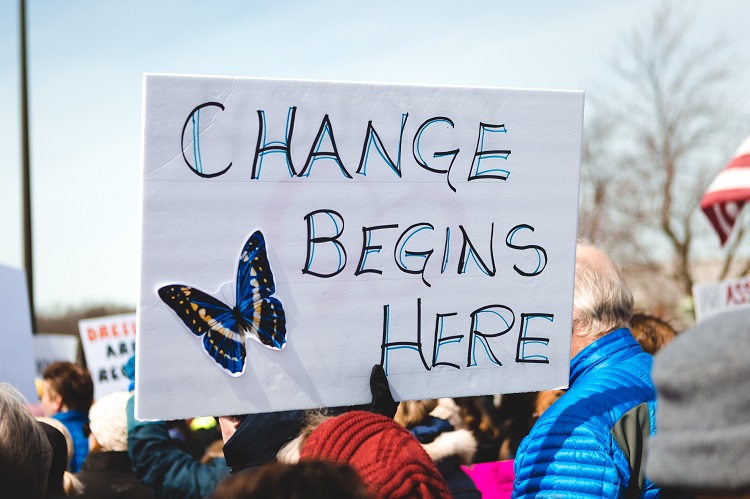Christians are called to take care of the poor, hungry and oppressed people of their communities. There are plenty of verses in both the First (Old) and New Testaments, but a simple link will suffice for you to see for yourself. But what are some good ways to do this? Surely we could try our best to take care of everyone that we come across (this was Jesus’s definition of “neighbor” in the parable of the good Samaritan found in Luke 10). But what about those that we don’t come across? How can we best help them?
One solution that has been offered since the 1950s is to have a minimum wage law. The minimum wage, or living wage as some prefer, is a base-level hourly payment that any business must pay one of their employees. This sounds like a great idea, doesn’t it? Why shouldn’t people be paid a decent wage so that they can pay to meet the standard of living in any given society?
Yet this idea is really not all that it is made out to be. Let’s explore both the evidence of history and reasons from our armchairs. In 1995 the Joint Economic Committee in the House of Representative explored the effects of minimum wage law over 50 years. The study discovered, through over 100 academic journals, that minimum wage law was harmful to the poor, the unskilled, the black and the young workers. But how can this be? Isn’t the idea of minimum wage that it would help people?
Here are some reasons why it harms those groups. First, why would a business hire someone whose skills are insufficient to meet the need of the job? It isn’t just for a business to hire someone whose skill worth is $5/hr yet be forced to pay them $7.25, $15 or $50 (if the law were to be deemed such). Thus, a business may choose to forego hiring. Second, think of our current economic situation. Unemployment is high. Suppose a business only has in its budget enough to pay someone to work for $6/hr and an unemployed person is willing to work for $6/hr (because that’s better than nothing!). This is a win-win scenario. But politicians have made laws that prohibit that hiring. They’ve limited people’s right to contract. So, if a family was needing some more income to pay the bills, the minimum wage law would prohibit a teenager or mother to work part-time to help meet their family’s needs. This line of reasoning also works for those who may not be looking to meet the necessities but who may nevertheless desire to join the workforce (like a teenager who wants to buy an iPad or a middle-age, empty-nester woman who wishes to do a task she enjoys doing). The minimum wage law works against such situations.
There are two important presuppositions to defuse. First, advocates of minimum wage law assume that they know what the standard of living is. But we know that prices vary in all sorts of places: Des Moines, Iowa, has much cheaper prices than New York, N.Y. Second, even that assumes that there is such a thing as a “standard of living.” How people choose to live can be quite subjective. Some people choose to have nice smart phones, others basic cell phones, some no mobile phones at all! Some people choose to live in fancy mansions, others in apartments. Some people choose to have two cars, others choose to use their bicycle. It is not sound thinking to suppose that a few men in Washington, D.C., have the ability to define what constitutes any person’s standard of living.
The conclusion is that the minimum wage law is not beneficial for poor, unskilled, black or young people, but actually harms their financial situation by causing higher unemployment rates and greater dependency upon the welfare system. Thus, the idea of minimum wage falls under what Jay W. Richards has nicely titled, “The Piety Myth,” which is the idea that you can have good intentions but that those intentions don’t discern the unintended consequences. The law discriminates against people with low skills and should be rejected as an option for how to alleviate poverty.



